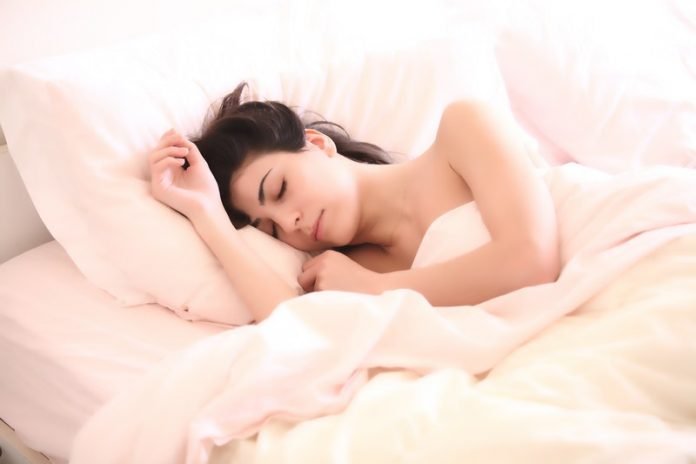
In a new study from Maastricht University, researchers found that waking up briefly throughout the night may harm people’s health seriously.
Disrupted sleep may increase the risk of dying early from heart disease or any other cause, and women seem to be harder hit by these effects than men.
Nighttime arousals are caused by noise, temperature, pain or pauses in breathing as a result of sleep apnea.
They are brief, and you’re often unaware they are happening unless they’re strong enough to wake you or your bed partner notices. When these arousals become frequent, however, they may take a toll on your health.
In the study, researchers analyzed data from sleep monitors worn by participants in three studies. In all, 8,000 men and women were followed for an average of six to 11 years.
Women who experienced more nightly sleep disruptions over longer time periods had nearly double the risk of dying from heart disease and were also more likely to die early from all other causes, compared to women who slept more soundly.
Men with more frequent nighttime sleep disruptions were about 25% more likely to die early from heart disease compared to men who got sounder sleep, the investigators found.
The triggers for sleep arousal or the body’s response to it may be different in women than in men.
Exactly how—or even if—disrupted sleep leads to increased risk of early death is not fully understood, and the study wasn’t designed to show cause and effect.
The team says many people with frequent arousals and poor sleep have other risks for heart disease, including obesity, high blood pressure, diabetes and lung diseases
Anxiety and stress can also rob you of sleep and are known to have harmful health effects.
During short or interrupted sleep, activation of the sympathetic nervous system and inflammation may play a more direct role.
When activated, the sympathetic nervous system triggers the release of stress hormones that can increase heart rate and blood pressure, which can raise your risk for heart disease over time.
The best way to improve sleep and reduce nighttime disruptions is to eliminate any arousal triggers.
Consider sound machines to filter out noise, and make sure the temperature in your bedroom is comfortable. If you are overweight or may have sleep apnea, treating these can help head off episodes of “unconscious wakefulness”.
The team offered some other strategies that can add years to your life: Reducing stress with relaxation techniques, such as yoga, and making sure any heart disease risks are under control.
If you care about sleep and health, please read studies about trouble sleeping? This herb might help you doze and findings of should you take melatonin supplements for good sleep?
For more information about sleep and wellness, please see recent studies about better solutions for insomnia and sleep apnea and results showing a better way to treat sleep loss.
The study is published in European Heart Journal. One author of the study is Dominik Linz.
Copyright © 2021 Knowridge Science Report. All rights reserved.



